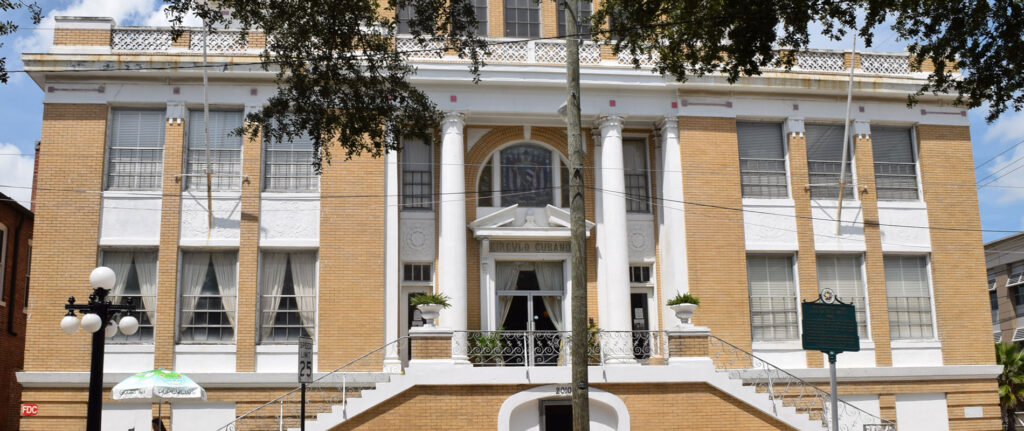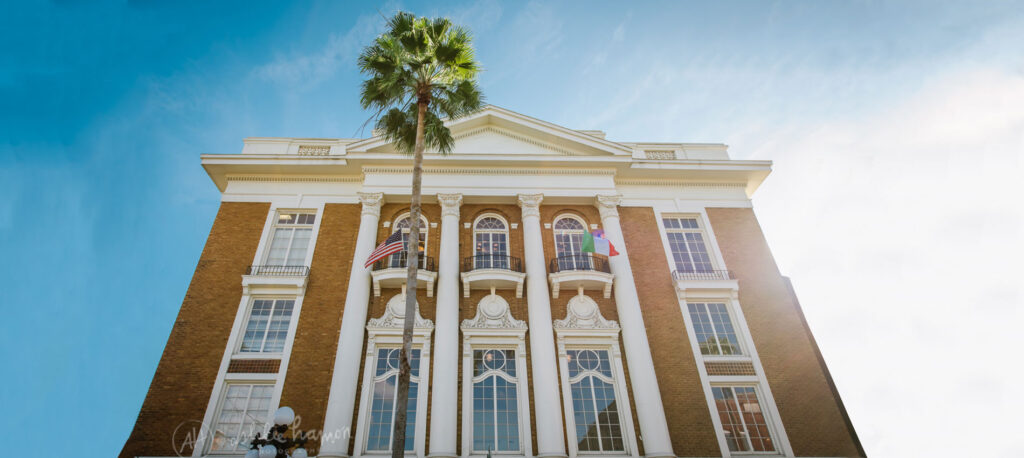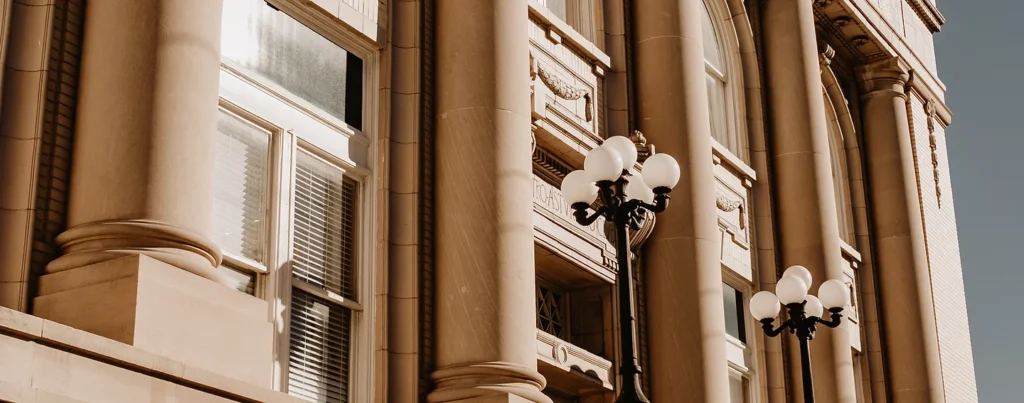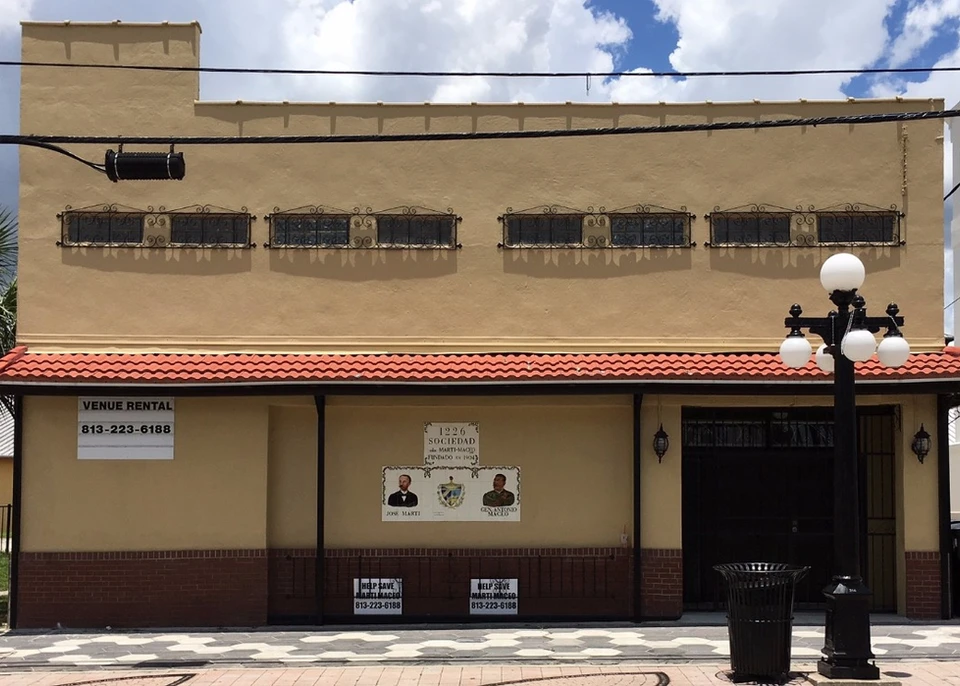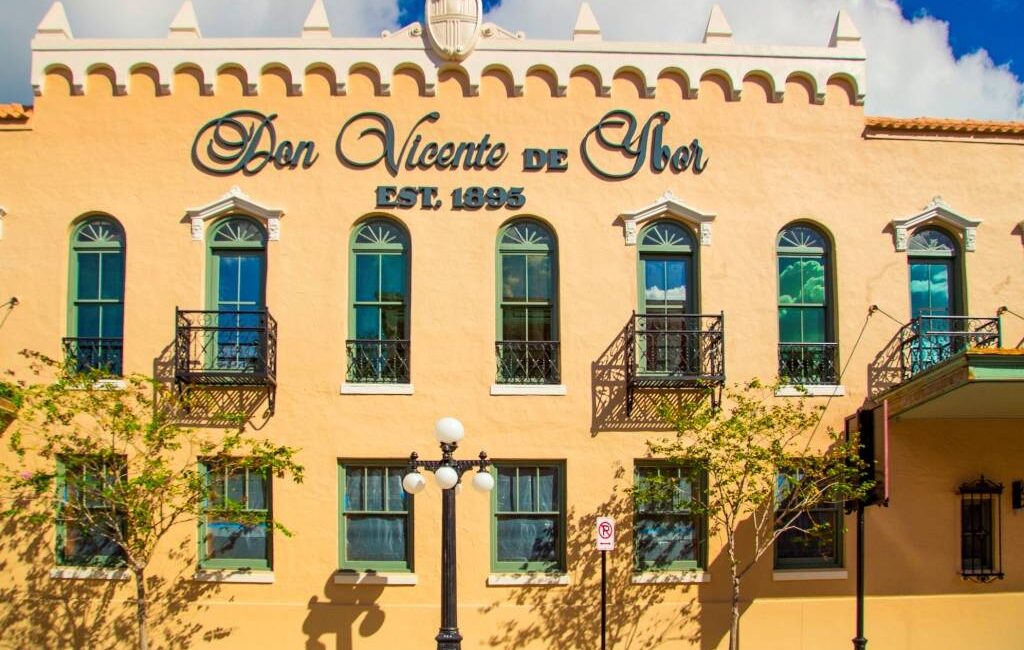
History
About Ybor City Historic District
Ybor City, pronounced [EE-bor], is a National Historic Landmark District in Tampa, Florida, located just two miles northeast of downtown. Founded in 1885, Ybor City has and continues to play a crucial role in the development and growth of the City of Tampa.
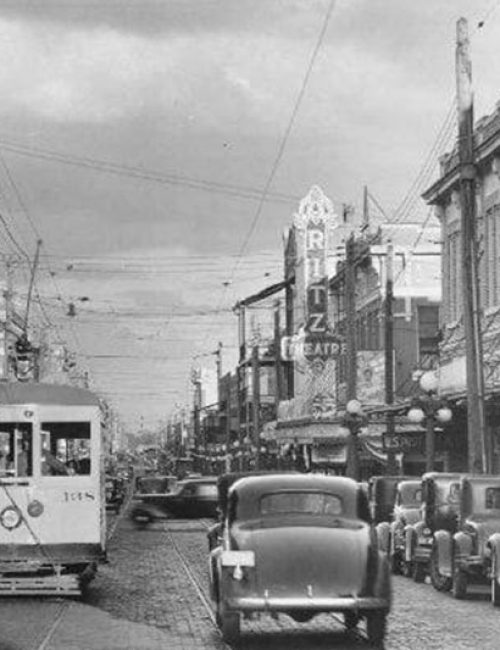
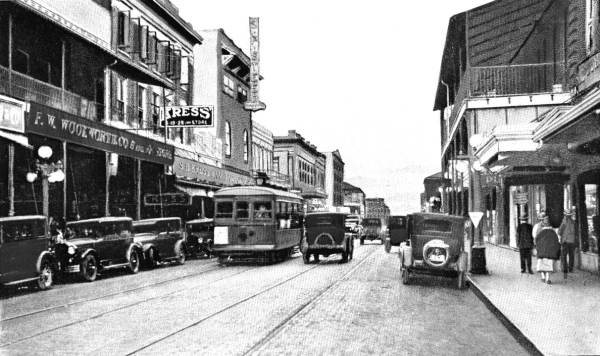
1980-1990
The historic district was reinvigorated in the ‘80’s as a burgeoning business district along 7th Avenue. Artists flocked to the bohemian haven and the masses followed suit in the ‘90’s when sprouting clubs and bars solidified Ybor’s stake as an entertainment district. The district has transitioned yet again with office space now topping Ybor real estate usage. Corporate headquarters, manufacturing operations, tech startups and small retailers have redefined Ybor, recognizing it as a historical gem that has retained its cultural integrity.

1885
Founded in 1885 by Vicente Martinez Ybor, Tampa was once known as the Cigar Capital of the World due to its booming cigar industry. Immigrants from Cuba, Spain, Italy and Germany populated the historic district, breathing life into the neighborhood as it flourished as a culturally rich, self-contained community.
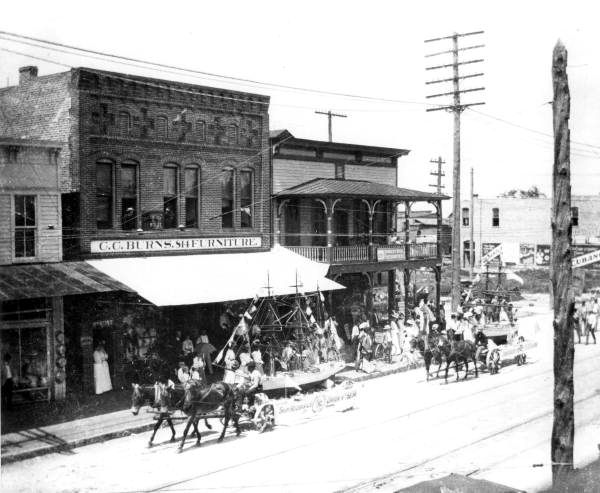
Present Day
Today Ybor City continues to build on its rich past with an eclectic mix of history, heritage, entertainment and excitement. This urban oasis offers historically renovated and newly constructed commercial and residential buildings located on and off Ybor City’s main thoroughfare 7th Avenue; currently ranked as 15 in the Great Streets in America by the American Planning Association.
Ybor’s history, cultural roots and diversity make it one of the most unique neighborhoods in Tampa. Its appeal has drawn in major motion pictures, commercials and high-end photo shoots. The district offers people a connection to the past with a chance to explore and experience a fascinating period in Tampa’s history and appreciate the cultural diversity that is ‘the Cigar City’ legacy.
Cigars
Today, a walk down 7th Avenue is truly a walk through the history of Ybor City. Now known as Tampa’s National Historic Landmark District, Ybor City in the 1880s was a melting pot of immigrants from Spain, Cuba, Germany and Italy and home to some of the world’s most famous cigar factories.
Most early Ybor City residents made their living from cigar making, while the occupations of many other workers revolved around the cigar trade. Known for its unique collection of mutual-aid societies and multiethnic population, Ybor City remained the Cigar Capital of the World until the 1930s.
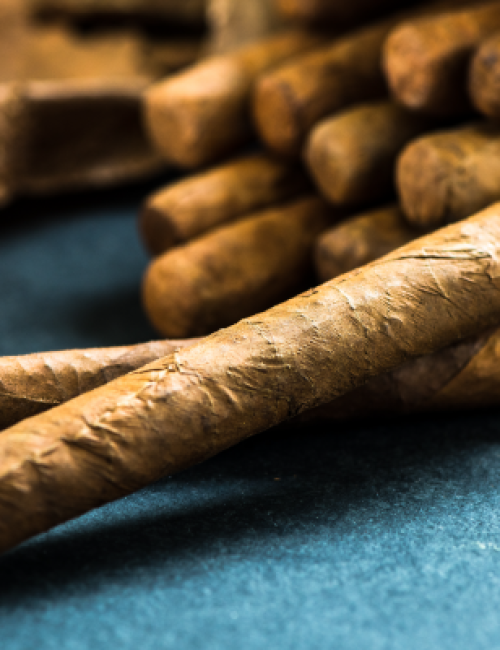
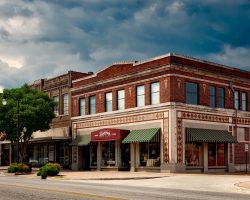
El Centro Español Built 1909 Location 1526/1536 E. 7th Avenue Part of Centro Ybor Project
Historic Social Clubs
Ybor City’s residents formed ethnic social clubs and benevolent organizations, which offered their members charitable services and cooperative medical plans. The Ybor City Historic Social Clubs built between 1890 and 1920 were the Centro Asturiano, El Circulo Cubano, El Centro Español, German American Club, L’Unione Italiana, and La Union Marti-Maceo.
Though many of the residents were Hispanic, immigrating from Spain or Spanish Cuba, there were also Italian, German, Jewish, and Chinese immigrants in Ybor City.
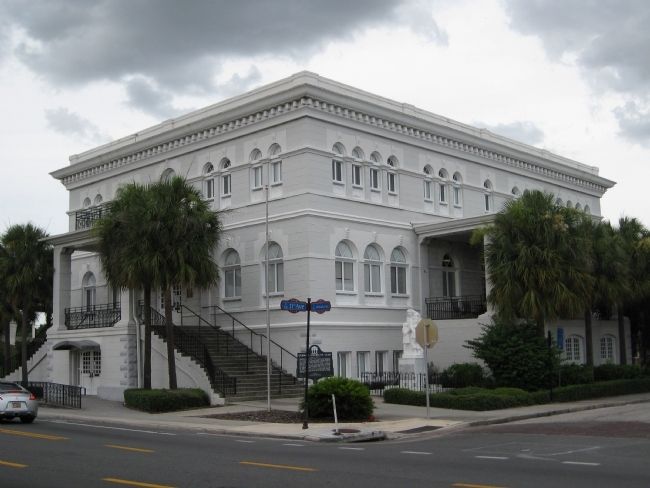
German American Club
Built 1920
Location 2105 N. Nebraska Ave.
Now Metro Wellness Clinic
Ybor Chickens
The wild chicken population that currently resides in Ybor City are direct descendants of the chickens that lived in the backyards of the neighborhood’s earliest residents over 100 years ago. Ybor City’s chickens crossing the streets have become a welcome sight for those who live, work, and visit the area.

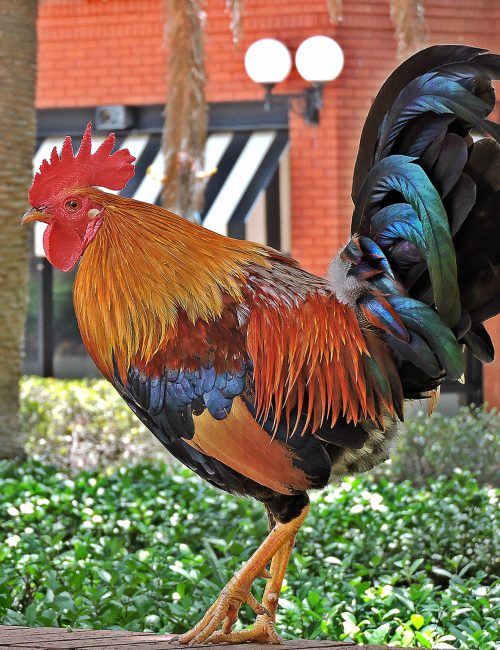
Useful Links
Report an Issue
Facebook Posts
12 hours ago
Copyright © 2025. All Rights Reserved. Site designed and maintained by HCP Associates

